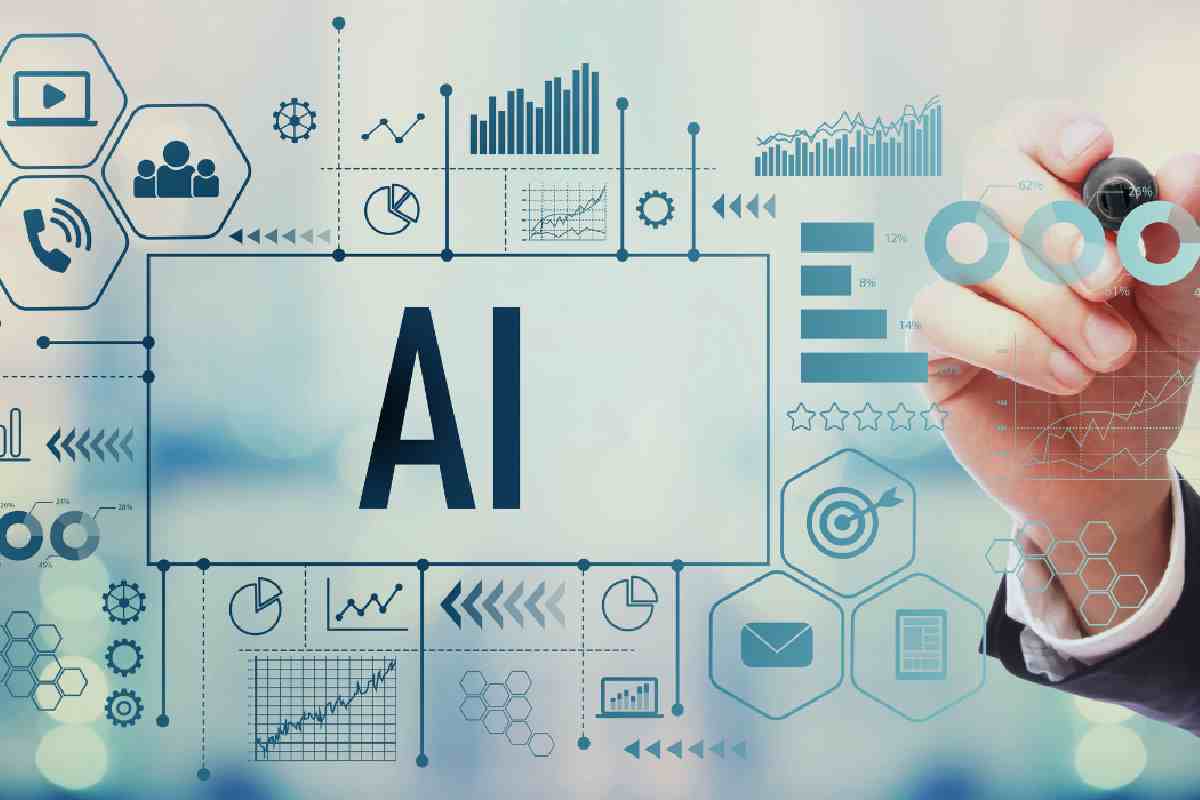How AI Is Changing Content Creation
Artificial Intelligence (AI) is like a super-smart helper changing how people create content, like blog posts, videos, or ads. AI uses Machine Learning (ML) (teaching computers to learn) and Natural Language Processing (NLP) (helping computers understand words) to make content faster and better. Here’s how AI makes content creation awesome, explained simply!
1. Coming Up with Cool Ideas
AI helps think of new content ideas, like what to write in a blog or make a video about. It checks news, social media, and trends to find what’s popular, like suggesting a post about a new game. It’s like a brainstorming buddy! AI also makes research easy by finding facts and trusted sources fast, like doing homework in seconds, so content is accurate and fun.
2. Making Content Automatically
AI can write blog posts, social media updates, or product descriptions by itself using NLP to sound human. For example, it might write an ad for a toy, which people then tweak. This saves time, letting creators focus on big ideas, like planning a YouTube video, while AI does small tasks. Marketers use AI to make ads or emails fast, testing versions to find the best, like trying game moves to win.
3. Making Content Easy to Find and Personal
AI makes content SEO-friendly (Search Engine Optimization) by picking words like “best sneakers” so it shows up on Google. It can update content based on what people search for. AI also personalizes content by looking at what you like (like games or snacks) to make posts or ads just for you, like a special birthday card, making you want to check it out.
4. Editing Like a Pro
AI tools like Grammarly check writing like a smart teacher, fixing grammar, spelling, and style. They suggest ways to make writing clearer or more exciting, like “shorten this sentence for punch!” AI learns your style to give tips that fit you, making editing faster so you focus on ideas.
5. Creating Videos and Pictures
AI makes videos, infographics, or logos using trends and what people like, without needing a human designer. For example, it could create a video ad for a drink in minutes. It’s like a magic art tool that makes cool designs super fast.
To Conclusion
AI is a superhero sidekick for content creation. It saves time, improves quality, and reaches the right people. By mixing AI’s speed with human creativity, we get amazing blogs, videos, and ads that are fun to see. It’s changing how content is made, making it faster and more exciting!
Fun Fact: AI can write a story or make a video in seconds, like a robot artist always ready to create something cool!


